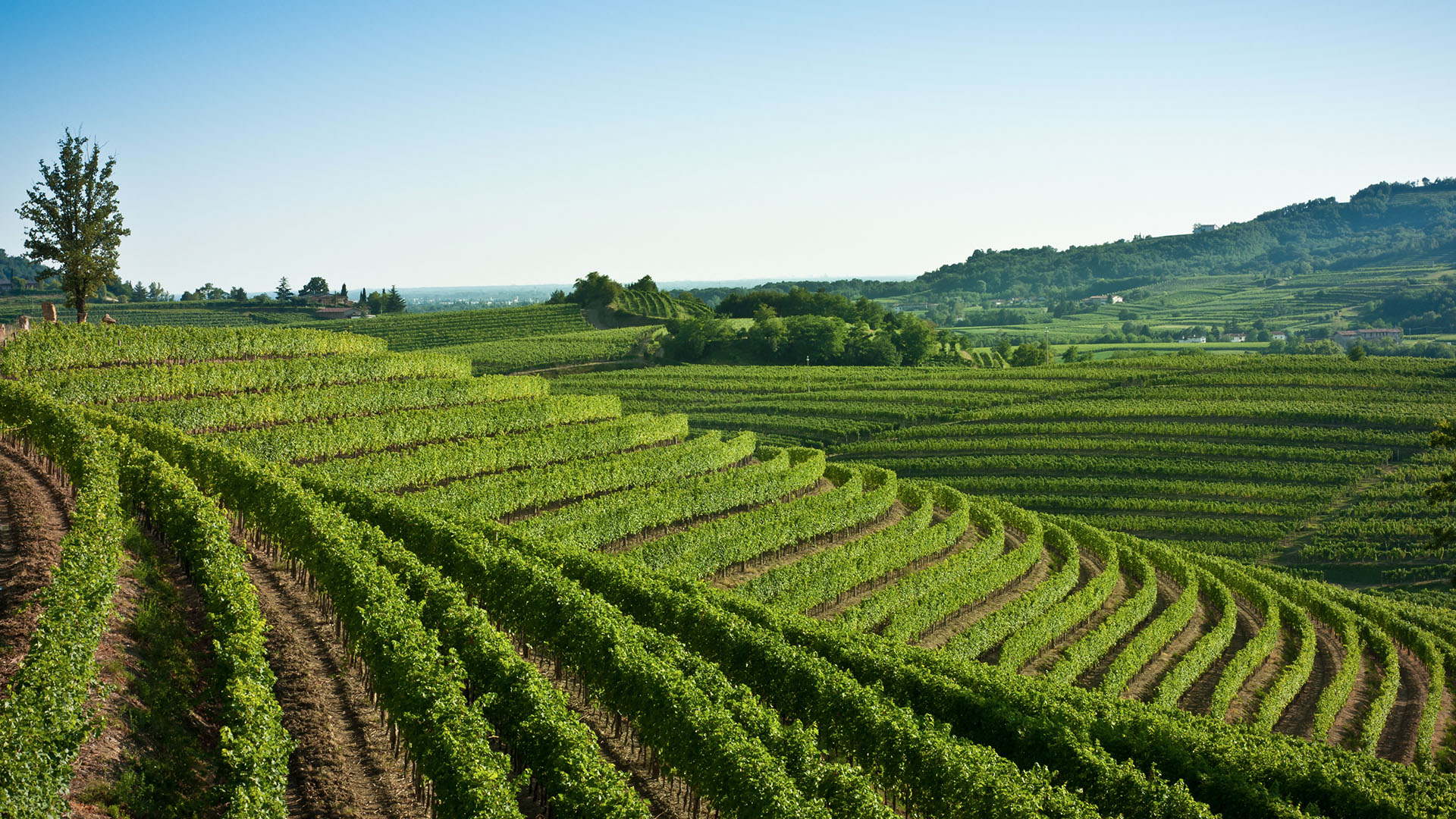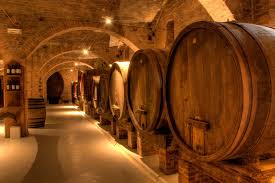There are no more items in your cart
0
This website uses its own and third-party cookies to improve our services and show you advertising related to your preferences by analyzing your browsing habits. To give your consent to its use, press the Accept button.
Cookie preferences
Functional cookies
Technical
No
Yes
Description and cookies
Functional cookies are strictly necessary to provide the services of the shop, as well as for its proper functioning, so it is not possible to refuse their use. They allow the user to browse through our website and use the different options or services that exist on it.
| Cookie | Provider | Purpose | Expiry |
|---|---|---|---|
| PHP_SESSID | mokawine.com | The PHPSESSID cookie is native to PHP and allows websites to store serialised status data. On the website it is used to establish a user session and to pass state data through a temporary cookie, which is commonly known as a session cookie. These Cookies will only remain on your computer until you close your browser. | Session |
| PrestaShop-# | mokawine.com | This is a cookie used by Prestashop to store information and keep the user's session open. It stores information such as currency, language, customer ID, among other data necessary for the proper functioning of the shop. | 480 hours |
Advertising Cookies
No
Yes
Description
These are cookies that collect information about the advertisements shown to users of the website. They can be anonymous, if they only collect information about the advertising spaces shown without identifying the user, or personalised, if they collect personal information about the user of the shop by a third party, for the personalisation of these advertising spaces.
Analytics cookies
No
Yes
Description
Collect information about the user's browsing experience in the shop, usually anonymously, although sometimes they also allow the user to be uniquely and unequivocally identified in order to obtain reports on the user's interests in the products or services offered by the shop.
Performance cookies
No
Yes
Description
These are used to improve the browsing experience and optimize the operation of the shop.
Other cookies
No
Yes
Description
These are cookies without a clear purpose or those that we are still in the process of classifying.
new life quality
Boxed:
Sticky Header:
Sticky Add To Cart
Sticky Footer:
Font:









